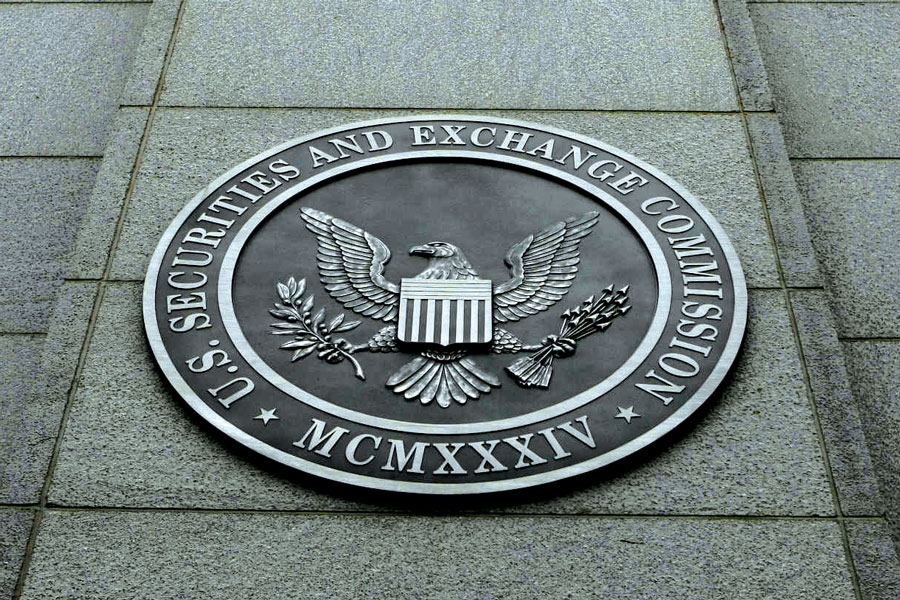

Morningstar Inc. has agreed to pay a $3.5 million penalty to settle SEC charges that the firm’s credit ratings division did not comply with conflict-of-interest rules designed to separate credit ratings from sales and marketing.
The Securities and Exchange Commission alleged that in 2015 and 2016, Morningstar analysts engaged in sales and marketing to prospective clients. Morningstar’s head of business development, for example, instructed analysts to identify business targets and pursue them through marketing calls and offers to provide indicative ratings, according to the order.
One Morningstar analyst allegedly wrote a commentary specifically aimed at a potential client issuer and sent it to the issuer for the purpose of obtaining its business. The issuer eventually became a Morningstar client, according to the order.
“Credit rating agencies must be vigilant to prevent potential conflicts of interest between their ratings functions and their sales and marketing activities,” Daniel Michael, chief of the SEC Enforcement Division’s Complex Financial Instruments Unit, said in an SEC release. “As the SEC’s order finds, Morningstar sometimes enlisted its analysts in business development efforts, introducing the exact conflict of interest that the rule is intended to eliminate.”
Morningstar did not admit or deny the SEC's charges. There are no allegations that any credit ratings were affected.
“Morningstar takes its regulatory obligations seriously, and the integrity of its credit ratings is of paramount importance,” according to the Morningstar press release.
In addition to the penalty, Morningstar also committed to conducting training and implementing changes to its internal controls, according to the SEC release.
The global investment research firm offers wealth management services through subsidiaries, with approximately $179 billion in assets under advisement and management as of March.

Summit Financial unveiled a suite of eight new tools, including AI lead gen and digital marketing software, while MassMutual forges a new partnership with Orion.

A new analysis shows the number of actions plummeting over a six-month period, potentially due to changing priorities and staffing reductions at the agency.

The strategic merger of equals with the $27 billion RIA firm in Los Angeles marks what could be the largest unification of the summer 2025 M&A season.

Report highlights lack of options for those faced with emergency expenses.

However, Raymond James has had success recruiting Commonwealth advisors.
Orion's Tom Wilson on delivering coordinated, high-touch service in a world where returns alone no longer set you apart.
Barely a decade old, registered index-linked annuities have quickly surged in popularity, thanks to their unique blend of protection and growth potential—an appealing option for investors looking to chart a steadier course through today's choppy market waters, says Myles Lambert, Brighthouse Financial.
